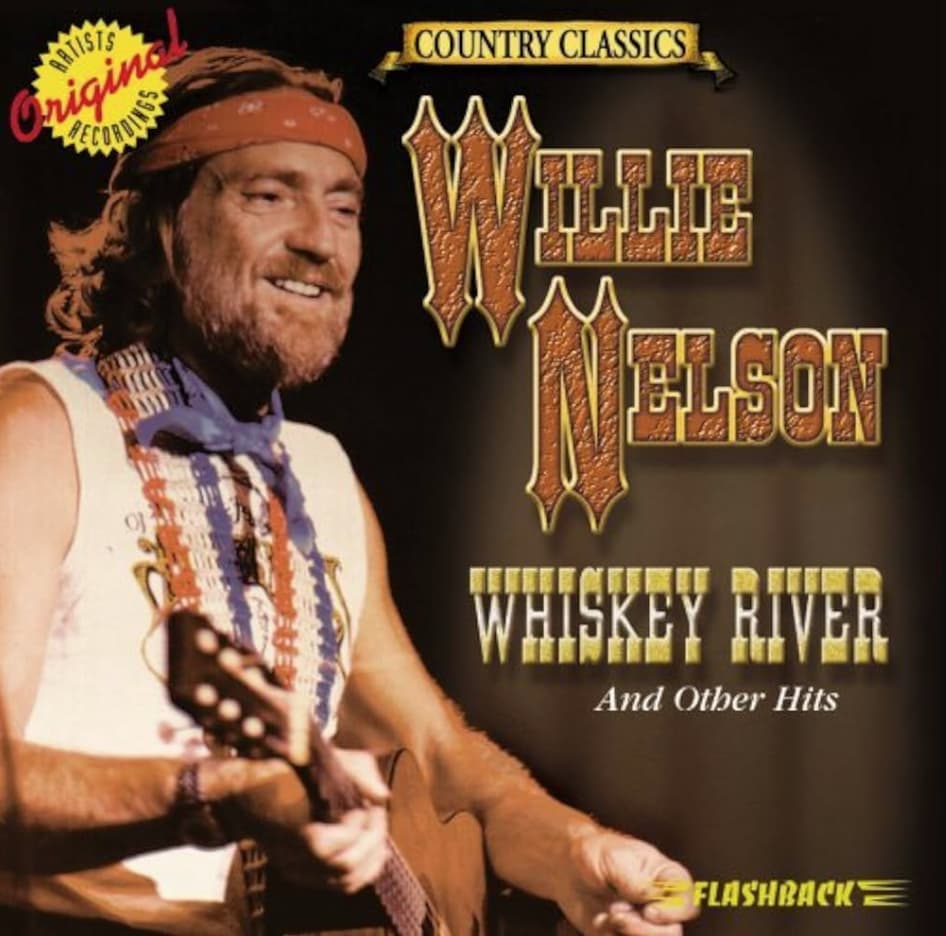
Willie Nelson – Whiskey River: A Melancholic Ode to Escapism
In the realm of country music, few names resonate with as much enduring legacy and heartfelt authenticity as Willie Nelson. His song, “Whiskey River,” stands as a poignant testament to the struggles and solace found at the bottom of a glass. Released in 1973 as part of his album “Shotgun Willie,” this track quickly became emblematic of Nelson’s unique ability to blend deeply personal narratives with universal themes of heartbreak and longing.
When “Whiskey River” first flowed into the public consciousness, it did not make an immediate splash on the mainstream charts; however, its influence seeped into the roots of American music culture, earning its rightful place in the hearts of fans over time. The song’s enduring appeal is reflected in its frequent performances and its status as a staple in Nelson’s live sets. It is a track that resonates profoundly with audiences, especially those who find solace in its melancholic refrain.
The story behind “Whiskey River” is as rich and layered as the whiskey-soaked emotions it conveys. Originally penned by songwriter Johnny Bush, it was Willie Nelson’s rendition that truly captured the collective imagination. At the time of recording “Shotgun Willie,” Nelson was undergoing a period of artistic transformation, moving away from the polished Nashville sound towards a more raw and authentic expression. This shift is palpable in “Whiskey River,” where Nelson’s weathered vocals and poignant delivery cut through the instrumentation like a knife through velvet.
Lyrically, “Whiskey River” serves as an ode to escapism, exploring themes of heartache and the desire to drown one’s sorrows. The song’s protagonist seeks refuge from pain in whiskey’s numbing embrace, a narrative that strikes a chord with anyone who has ever turned to vice for comfort. The river metaphor beautifully encapsulates the relentless flow of both time and sorrow, an unstoppable force against which one feels helpless yet strangely consoled.
Beyond its lyrical depth, what truly sets “Whiskey River” apart is its musical composition. The arrangement features Nelson’s signature blend of traditional country with elements of jazz and folk—a style that would later be coined as “outlaw country.” The song’s rhythmic guitar strums and subtle fiddle accents create an atmosphere that is at once mournful and defiant, echoing the internal conflict of seeking solace in something ultimately destructive.
For older listeners, “Whiskey River” may evoke memories of bygone days spent in dimly lit honky-tonks or quiet nights alone with thoughts for company. It’s a song that speaks to life’s complexities—its joys shadowed by inevitable sorrows—and invites listeners to reflect on their own experiences with nostalgia and introspection.
In conclusion, Willie Nelson’s “Whiskey River” remains a timeless anthem for those acquainted with heartache and resilience. Its blend of evocative storytelling and masterful musicianship ensures that it will continue to flow through generations, much like the river it so hauntingly describes. Whether you are a longtime admirer or new to its charms, let this song take you on its melancholic journey—a reminder that even in our darkest hours, we are never truly alone in our struggles.